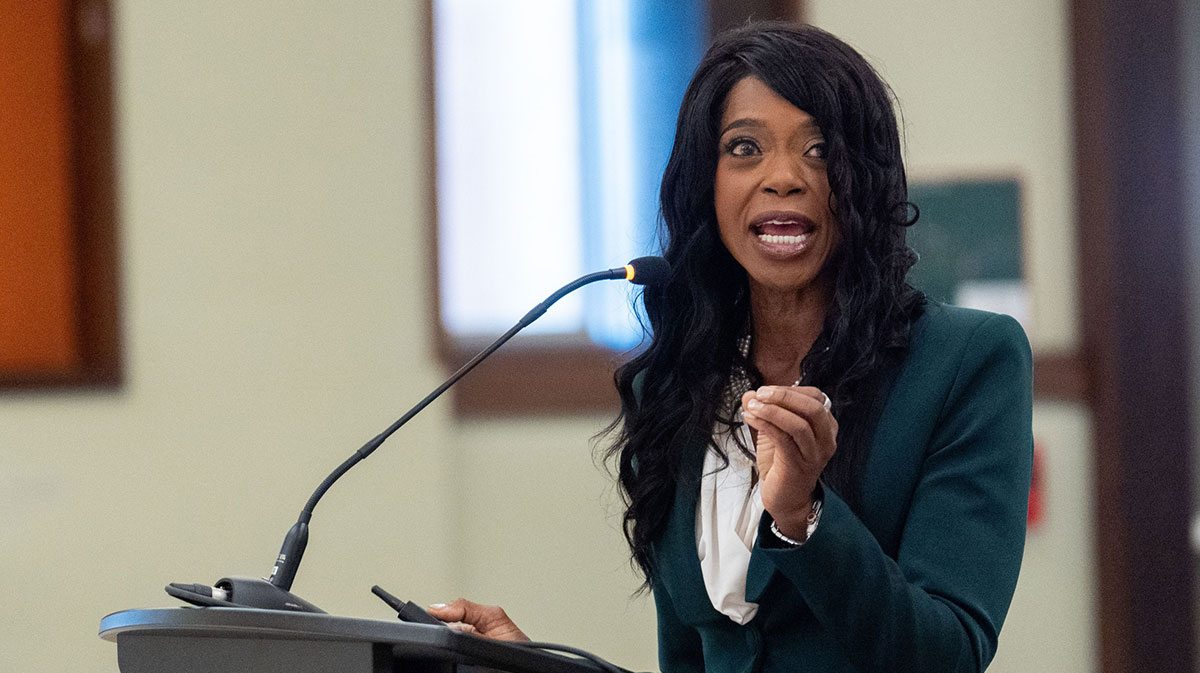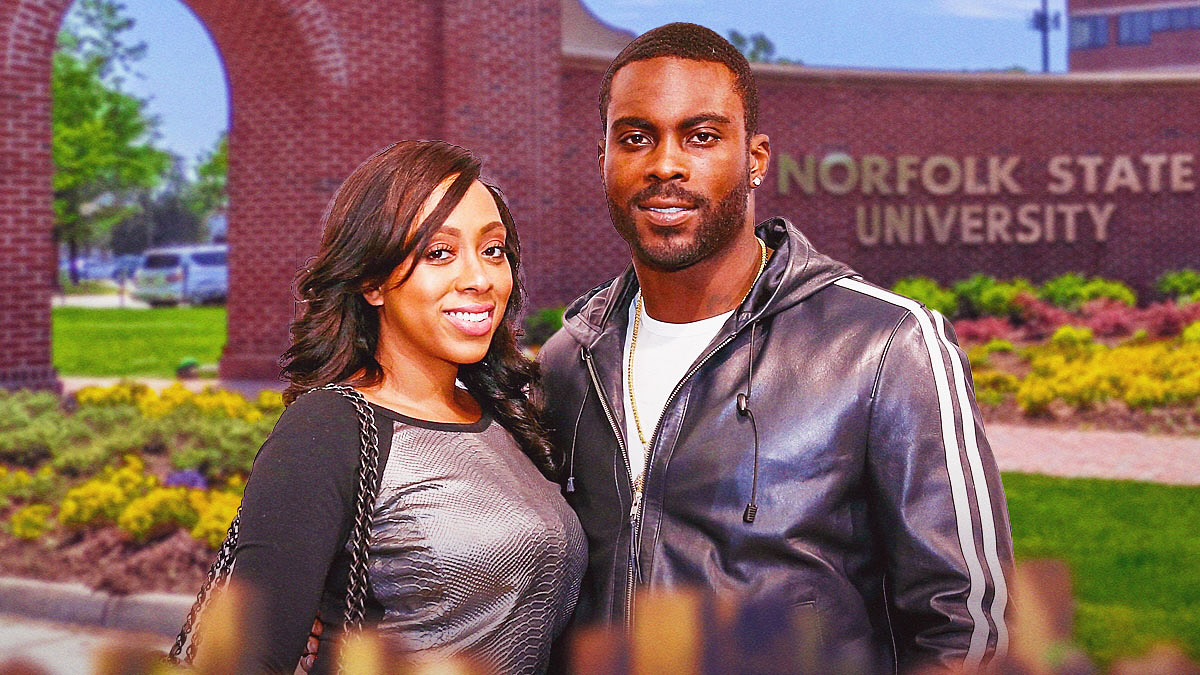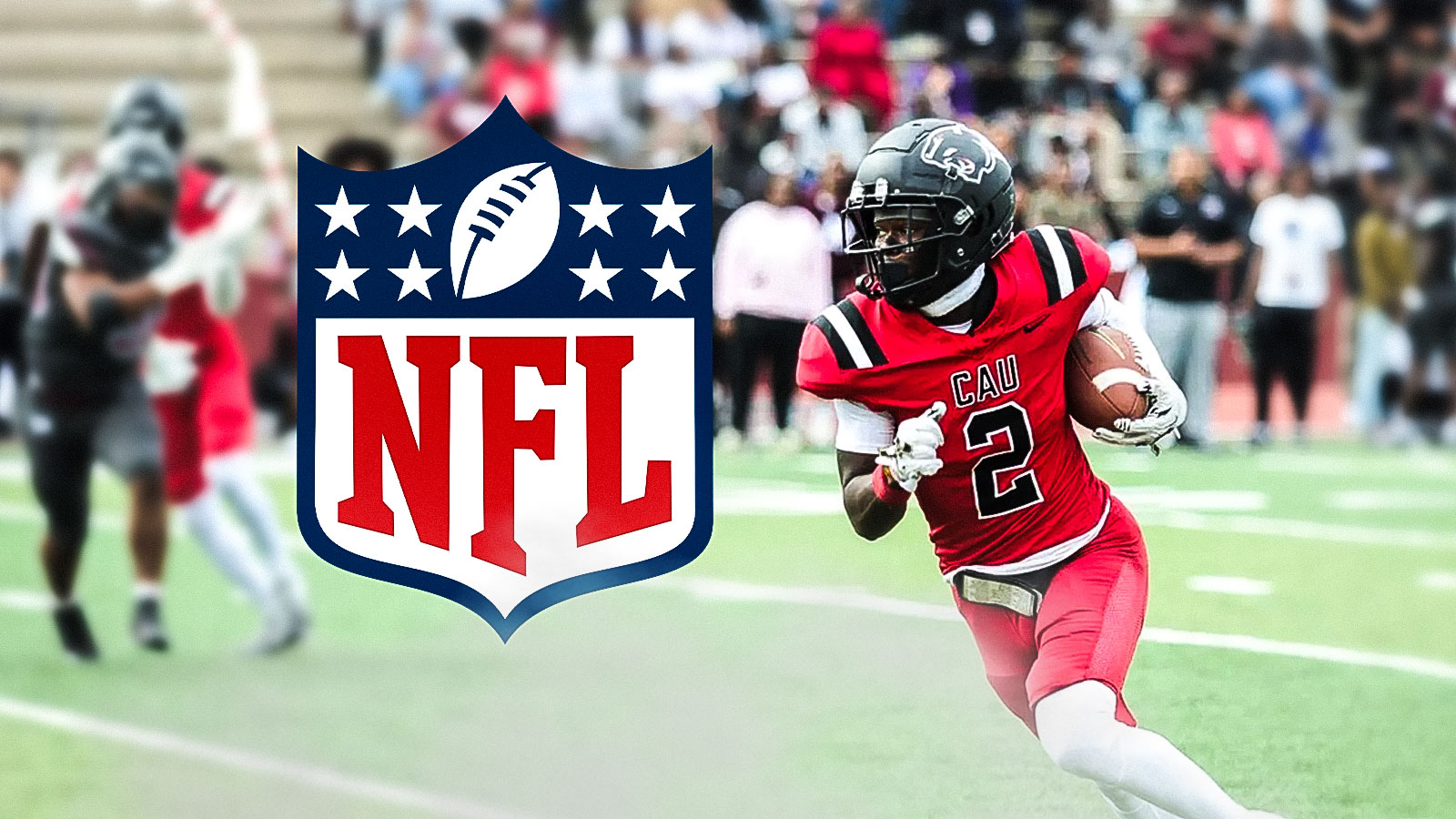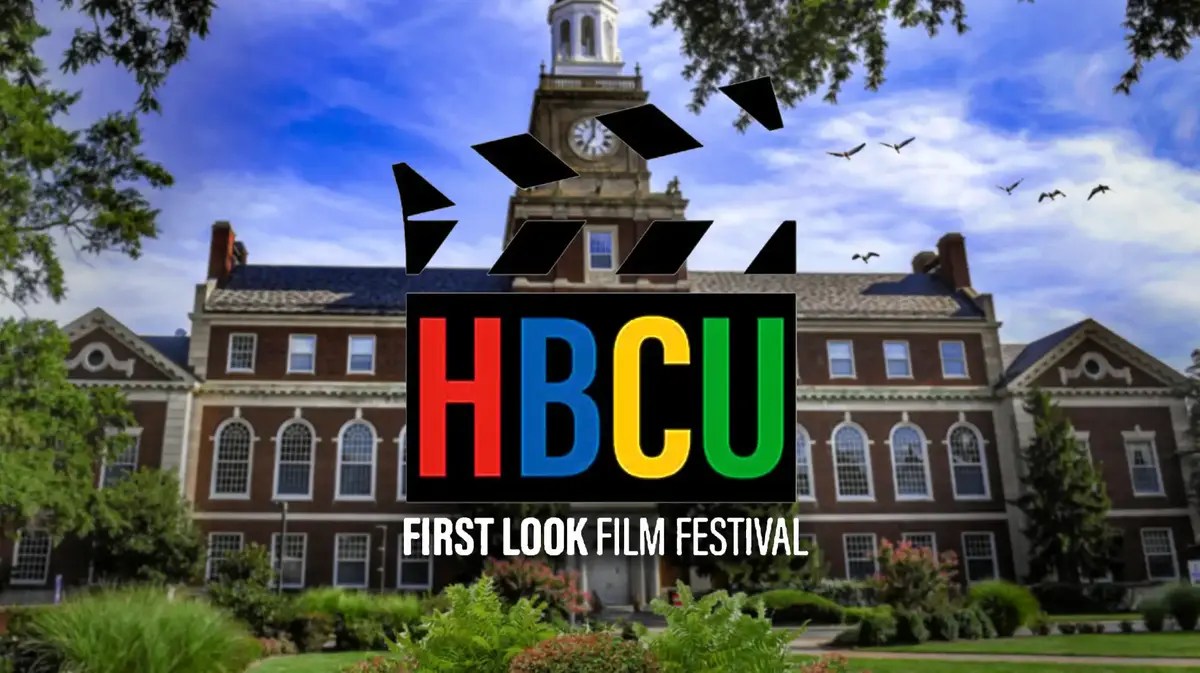On Friday, May 16th, Marva Johnson was voted by the Florida A&M Board of Trustees to become the next university president. Despite significant protests by students and alumni in the university community, with even notable alumni such as Will Packer and Roy Wood Jr. expressing their displeasure in her candidacy, Johnson was confirmed 8-4 by the board.
Johnson's inclusion in the process appears political, given her lack of higher education experience and ties to figures like Florida Governor Ron DeSantis. Currently Vice President of State Government Affairs for Charter Communications, Johnson spent eight years on the Florida State Board of Education. She was first appointed by Governor Rick Scott and later reappointed by DeSantis.
This is why Florida A&M supporters, along with the broader HBCU community, are cautious about her potential appointment as university president. In these politically charged times, the Florida A&M community deserves a leader they trust to prioritize their best interests, not those of external power brokers pushing agendas that could harm Black institutions. The concern about a university president acting against the interests of their constituents is not unfounded.
DeSantis and his appointees have a lot of control over this selection process due to the Florida Board of Governors. The Board of Governors is the top governing body over the entire State University System of Florida. That includes Florida A&M, Florida State, the University of Florida, and nine other public universities. While each university has its own Board of Trustees to handle campus-level decisions, the Board of Governors has the final say on system-wide policies.
They oversee things like tuition rates, new academic programs, and how public funds are used. And here’s something important—they also have oversight when it comes to hiring university presidents. Even though a school’s Board of Trustees selects a candidate, that hire isn’t official until the Board of Governors approves it.
So, it's worth noting comments from Florida Board of Governors chair Alan Levine, who spoke about the protests against Marva Johnson in a statement obtained by the Tallahassee Democrat before Johnson was voted to be president by Florida A&M's Board of Trustees.
He said, “We are focused on results, notwithstanding commentary from some who have drawn unfair conclusions without even giving the candidates their interviews. I don’t pay any attention to that. It's unfair, uninformed, and not helpful to the process.”
That didn't sound like a willing endorsement of the demands of the Florida A&M community, who absolutely deserved to have their voices heard in the process of selecting their next president. As a matter of fact, it sounded as if the fix was in from the start. Florida A&M, ranked as the nation’s top public HBCU, didn’t require a presidential hire beyond the qualifications of their previous leader, who brought them immense success
Under the leadership of former President Dr. Larry Robinson, Florida A&M experienced remarkable growth, laying a solid foundation for future progress. Since taking on the role in 2017, Dr. Robinson has overseen significant advancements that the next university president could have built upon. So Florida A&M is clearly doing something right and should absolutely continue what is a winning formula.
Johnson now faces the challenge of guiding the institution through a politically charged period. Recently, Florida A&M University’s pharmacy school suffered a major blow, losing a $16.2 million grant from the National Institutes of Health, as reported by the Tallahassee Democrat. This funding was vital for supporting the pharmacy program and promoting research at minority-serving institutions.
But, an even broader fear is that Johnson is being used to push the institution towards a future not aligned with that of Florida A&M's past, nor a promising future in which the institution continues to grow and expand. Advocates for higher education witnessed the transformation of New College of Florida, which significantly altered the structure and character of the small liberal arts school, much to the dismay of students and faculty. Florida A&M is the only public HBCU in the state of Florida. Many anticipated they would be targeted, and it seems that moment has arrived.
Florida A&M has consistently demonstrated its strong commitment to protecting its institution. They’re proving it now with their continued protest of Marva Johnson, and they’ve shown this resolve throughout their history, just as they did to halt discussions of a merger with Florida State.
As HBCU alumni, we have to support Florida A&M in their effort to save their campus and maintain their independence. A horrible precedent could be set that could pull us down a dark road when it comes to other public institutions that experience the departure of a university president within this politically charged era. The fight isn't over, and the Rattler community will surely have the last say.




















